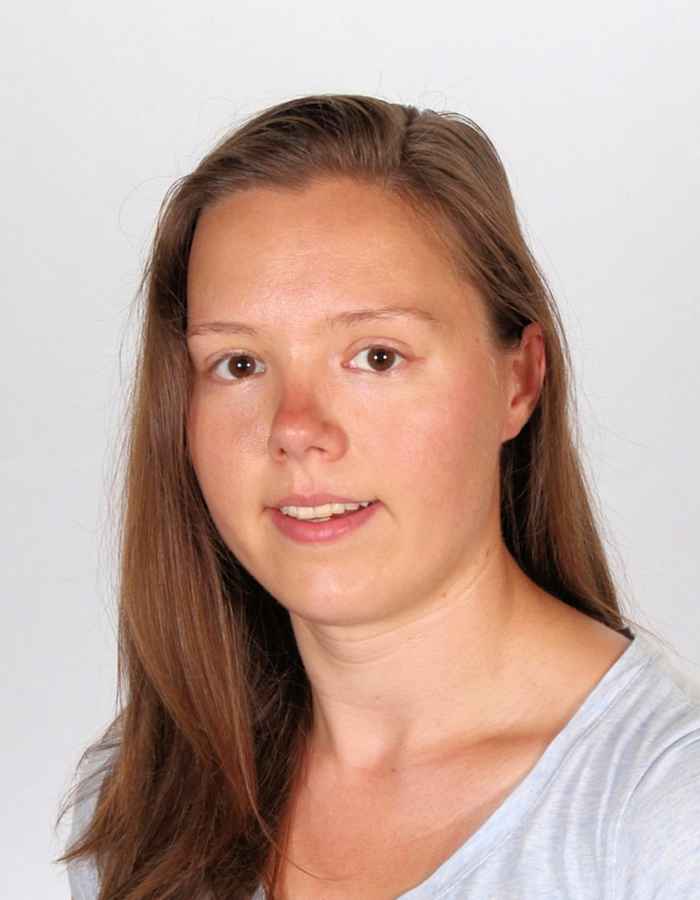Colet te Grotenhuis receives NWO Rubicon grant
For a two year research project at MIT
24 August 2018

Colet will visit the group of Prof. Alexander Radosevich at MIT's Department of Chemistry for two years. There she will study the use of phosphorus catalysis to induce chirality.

Chirality, molecular handedness, is a fundamental aspect of molecules, including the biomolecules of life. The specific arrangement of groups around a chiral centre in molecules in our body is essential in the 'lock and key' interactions between enzymes and substrates. It is therefore highly important to control the spatial arrangement of synthetic molecules such as drugs. In drug synthesis, a small amount of catalyst can induce the desired spatial properties on the entire batch of product. Catalysis is thus a very efficient, green and sustainable methodology in the synthesis of chiral compounds.
Functionalisation of phosphorus catalysts
Colet proposes to design a new class of inexpensive and earth-abundant chiral catalysts based on the element phosphorus. Her plan is to functionalize the catalyst in a chiral fashion and to include a moiety suitable for additional interactions. These attractive forces can then pre-organize the substrate (the reacting molecule), resulting in selective formation of only one enantiomer (the preferred chiral variant) of the product. The results of her research will provide a methodology for the synthesis of molecules with high enantiomeric excess, by employing a safe, cheap and sustainable phosphorus-based catalyst.
About the Rubicon programme
The Rubicon is the river that Julius Caesar crossed in 49 BC before the series of victories that prompted his famous words 'veni, vidi, vici' ('I came, I saw, I conquered'). Rubicon is part of the NWO Talent Programme, aimed at retaining talented already postdoctoral researchers for science. With a Rubicon grant researchers can conduct research for a period up to 24 months at a foreign research institute.
In the current round a total of 88 researchers (37 women and 51 men) submitted a proposal, of which 20 were awarded. The award rate was 29.7% for women and 17.6% for men. Nine laureates will move to the United States, two to the United Kingdom, two to Switzerland and two to Germany. The others to countries varying from Singapore to Norway and New-Zealand.